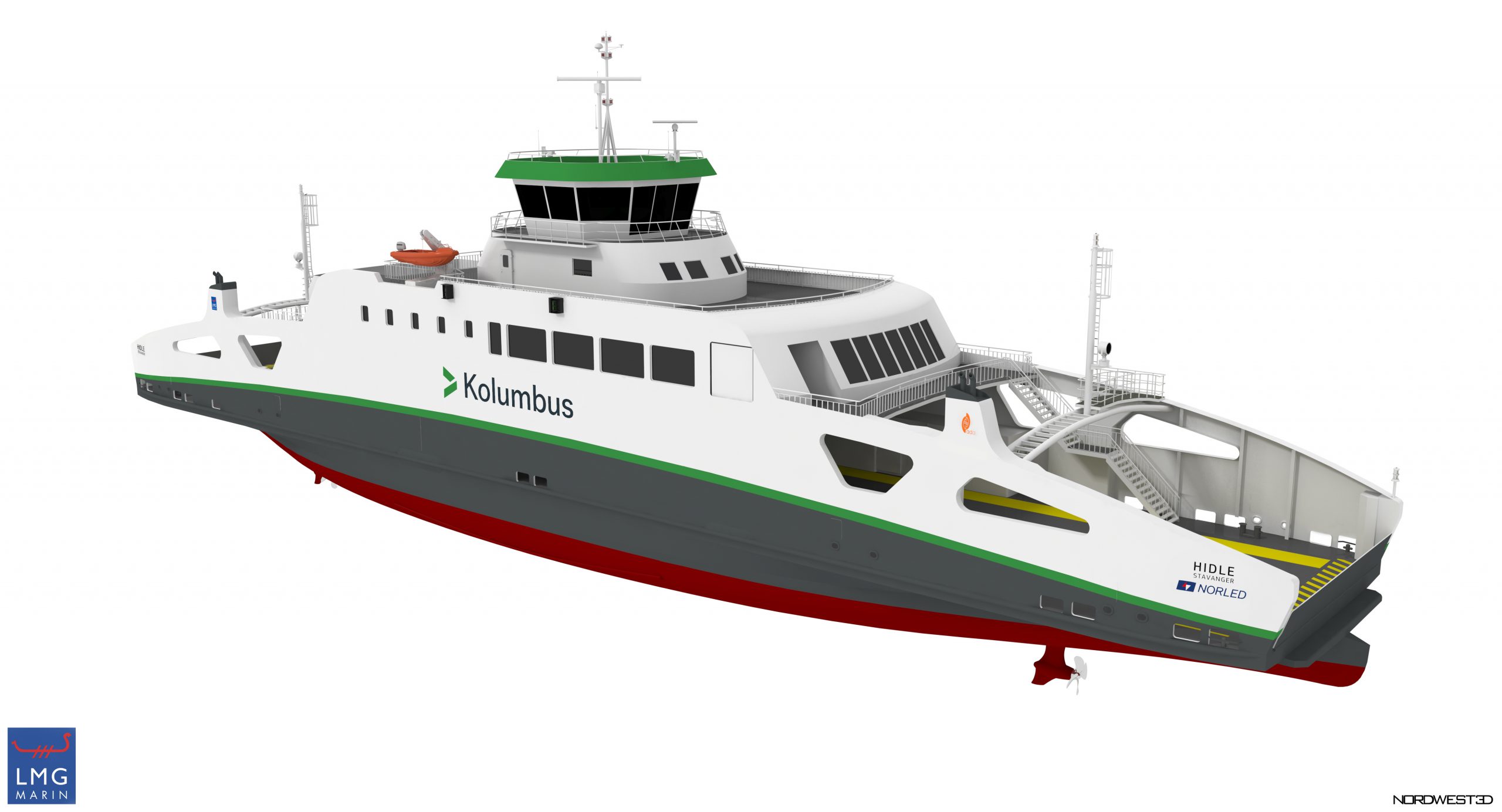Norled is planning to convert one of the vessels on the Finnøy ferries in Rogaland to hydrogen. GreenH is responsible for bunkering facilities and what will be Norway’s first production plant for hydrogen for the maritime sector. Enova supports the project with more than 38 million kroner.
“Hydrogen and green shipping are priority focus areas for the government. To achieve big reductions in emissions in shipping in the future, a fundamental change of fuel is necessary. Hydrogen is one of the answers for how to have sea transport with zero emissions. Norled and GreenH’s project provides increased knowledge on the production, storage, and use of hydrogen in ferries,” said Sveinung Rotevatn, minister of climate and the environment.
“Can be a crossroads”
The Finnøy ferries run between six ports on various smaller islands, where there is not sufficient electrical power available to operate exclusively on batteries. A combination of short turnaround times and a long operating schedule makes this connection well suited for hydrogen as a zero-emission solution.
“This project can be a crossroads for the use of hydrogen as fuel at sea, and an important contribution to the development of the hydrogen market in Norway. Both the first dedicated hydrogen filling infrastructure for vessels and the first plant for production of hydrogen for the maritime sector are being set up here,” said Enova’s marketing director, Øyvind Leistad.
Local supply of hydrogen
The ferry can be the first in Norway and probably in the world to use compressed hydrogen as fuel.
“It is always challenging to be the first to enter an early market, but we want to lead. In addition to financing from the EU and the FCH JU [Fuel Cells and Hydrogen Joint Undertaking], we have a good dialogue with both Enova and the NOx fund as well as others. Their support is important,” said Norled’s project leader, Hilde-Kristin Sæter.
The bunkering tower and production plant are planned to be set up at Fiskå, about 10km sailing southeast of the ferries’ home port of Judaberg. The plant will produce a tonne of hydrogen per day, of which the ferry needs half. The rest can be sold on the open market.
“By producing and delivering the hydrogen locally, we minimise the need for transport, something that both reduces costs and is good for the environment. Nonetheless, this would not have been possible without the good cooperation and support from Enova,” said Morten Solberg Watle, chief executive of GreenH.
“There is currently limited supply of hydrogen in the market, especially at a reasonable cost for users, and this is an obstacle to testing and using hydrogen technologies in Norway. With projects like this, we can accelerate the transformation of the transport sector in the direction of a low-emission society,” concluded Enova’s Leistad.
Hydrogen operations will start during the first quarter of 2022, according to the plan. The project presupposes an investment decision from Norled.
